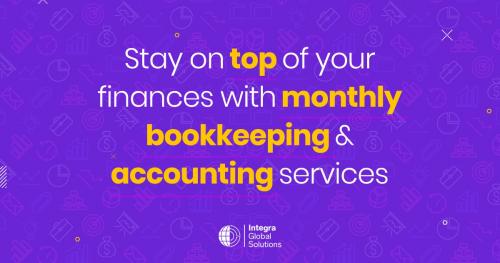Understanding Canadian Bookkeeping and Tax Rates: A Comprehensive Guide

As a business owner in Canada, it's essential to stay on top of bookkeeping and tax rates to ensure you're compliant with the law and can make informed financial decisions. In this blog post, we'll discuss everything you need to know about Canadian bookkeeping and tax rates.
Bookkeeping in Canada
Bookkeeping is the process of recording financial transactions, including purchases, sales, receipts, and payments, for your business. Proper bookkeeping is crucial for financial management and decision-making, and it's a legal requirement for Canadian businesses to maintain accurate financial records.
Some essential bookkeeping tasks include:
Recording transactions: Keep track of all income and expenses in a spreadsheet or accounting software.
Reconciling accounts: Ensure that your bank statements match your financial records to identify any discrepancies.
Creating financial statements: Generate a balance sheet, income statement, and cash flow statement to analyze your business's financial health.
Filing taxes: Prepare and submit your tax returns on time to avoid penalties.
It's best to hire a professional bookkeeper or accountant to handle your bookkeeping needs. They can help you save time, ensure accuracy, and provide expert advice on financial matters.
Tax Rates in Canada
Canada has a progressive tax system, which means that the more income you earn, the higher your tax rate. Tax rates vary by province and territory, so it's important to check the rates applicable to your business's location.
Here are the federal tax rates for the 2021 tax year:
15% on the first $49,020 of taxable income
20.5% on the next $49,020 of taxable income
26% on the next $53,939 of taxable income
29% on the next $64,533 of taxable income
33% on taxable income over $216,512
In addition to federal taxes, you'll also need to pay provincial or territorial taxes, which range from 10% to 16% on average.
Other taxes that Canadian businesses may be subject to include:
Goods and Services Tax (GST): A federal tax of 5% that applies to most goods and services.
Provincial Sales Tax (PST): A tax on goods and services that vary by province or territory.
Payroll Taxes: Employers must pay Employment Insurance (EI) and Canada Pension Plan (CPP) contributions for their employees.
Conclusion
Bookkeeping and tax rates are essential components of running a successful business in Canada. By maintaining accurate financial records and staying up-to-date on tax rates, you can avoid penalties and make informed financial decisions. Consider hiring a professional bookkeeper or accountant to ensure your financial management is efficient and effective. For more info please visit professional bookkeeping outsourcing services





Comments